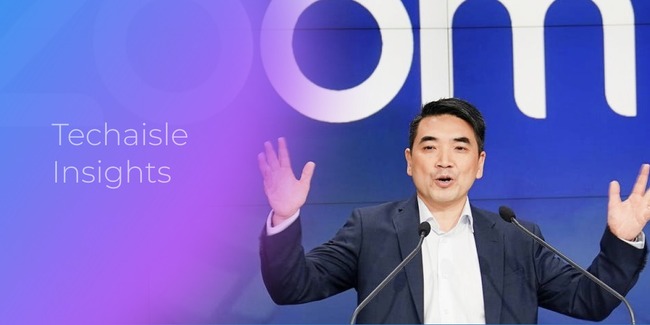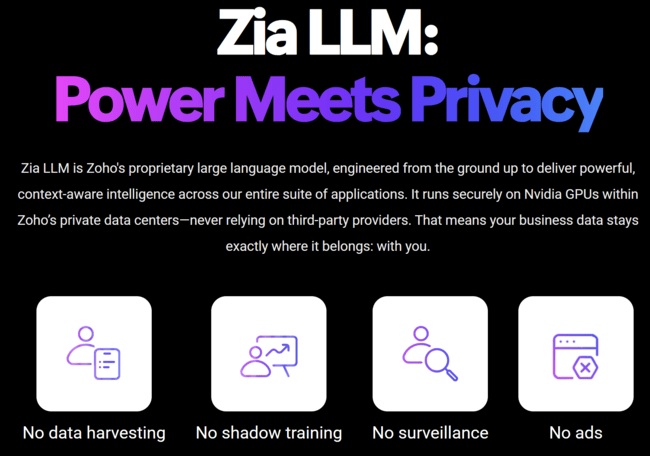As an analyst, my lens is always focused on the foundational shifts reshaping the technology industry. Rarely do we encounter data as unambiguous as that which illustrates the burgeoning chasm between technology partners who are actively scaling their AI capabilities and those who remain static. This isn't merely about AI adoption; it's about the very economics of the channel, revealing a stark divergence in expected revenue and profitability that every technology vendor, channel partner, and discerning customer must confront head-on.
Techaisle recently studied 2500 channel partners, and this data provides an incisive look into "Expected Revenue Change" across these two distinct partner archetypes. The message is unequivocal: embracing AI for scaling is no longer a strategic option but a survival imperative that directly impacts the bottom line.

Let us dissect the profound implications of this data:













